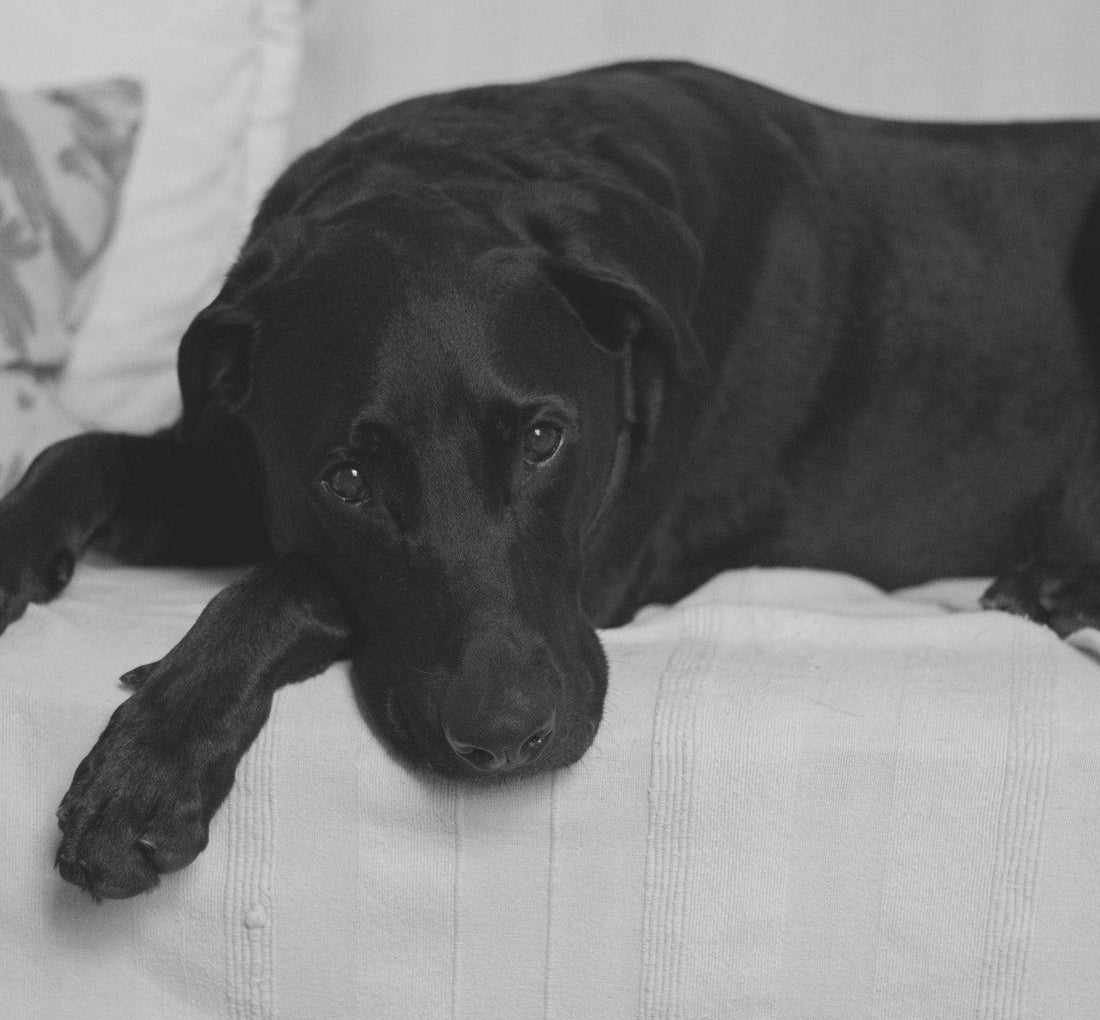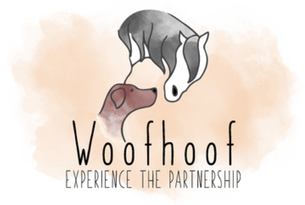
Be kind to your aging dog...puppies can be annoying!
Share

It’s always best to carefully consider whether to submit your loyal and loving senior dog to a high energy, rambunctious puppy with under developed communication skills. Yes, puppies are adorable, and you may convince yourself that your senior dog needs the companionship of a younger playmate. However, many older dogs, even the sweetest and most patient, resent being tackled, gnawed on, and bit with tiny needle-sharp teeth. Mostly though, he may be confused and sad that he now must share your love and devotion.
Before you decide to deposit a puppy into your senior dog’s world consider the following:
1. Does your senior dog like the company of other dogs?
2. How active is your senior dog? Does he/she still play with other dogs?
3. Does your senior dog have arthritis and/or is slow to get up and get out the way if necessary?
4. Is there ample room in the home to keep the two dogs separated initially?
5. Do you have the time to supervise interactions to ensure that your senior dog does not get besieged by the puppy and the puppy doesn’t get “over corrected” by your senior dog?
If your senior dog is frail, achy, and not thrilled about other dogs, it’s not fair to bring in another dog into your home to torment your existing loving and faithful companion. If your senior dog is still relatively active and enjoys the company of other canines, the situation is workable if you employ the following guidelines:
1. Your senior dog will need to feel extra special in ways that the puppy will not have equal privileges. He should get treats first, get his food first, be pet first, and be allowed in areas of the house that he won’t have to share with the puppy (your bed or that special place on the couch).
2. When the puppy acts out with your dog in ways that he finds annoying (or painful), he should be allowed to correct the puppy (growl, bark, lip curl) without discipline if the puppy is not hurt. This will help the puppy learn appropriate boundaries not just with your senior dog but with all future dog interactions. It’s a skill best taught by another dog.
3. First meeting between your senior dog and puppy must take place away from the house where your dog is very territorial, such as a local park. Start at a distance and work your way closer while walking around in a circle. Alternatively, let the two dogs meet with a fence in between them and off leash. When you bring the puppy in the house, make sure hey are initially separated by a baby gate and supervised, with your senior dog retaining the larger portion and most valuable areas of the house.
4. Do not allow the puppy to jump on, ram into, dive bomb, or gnaw on your senior dog. The more you can protect your senior dog from these atrocities, the easier it will be for him to accept the newcomer. Remember, he needs to know he is still special to you.
5. Enroll the puppy in a puppy class to help teach self-control, nurture socialization, and give him additional age appropriate playmates to wrestle with.
